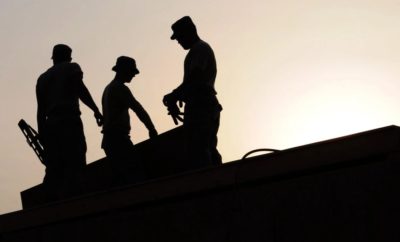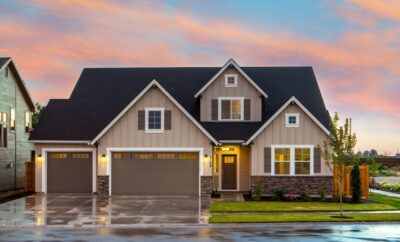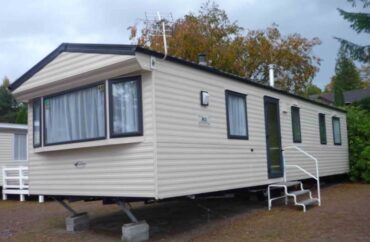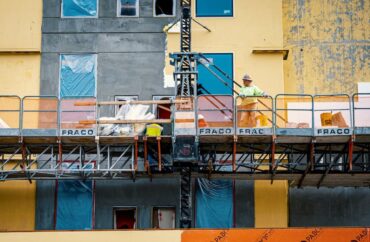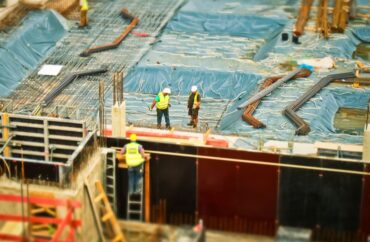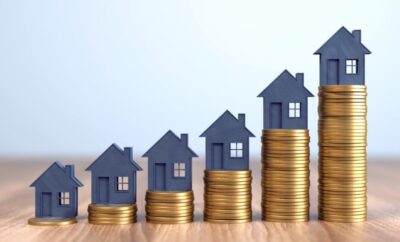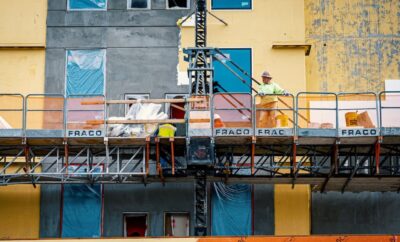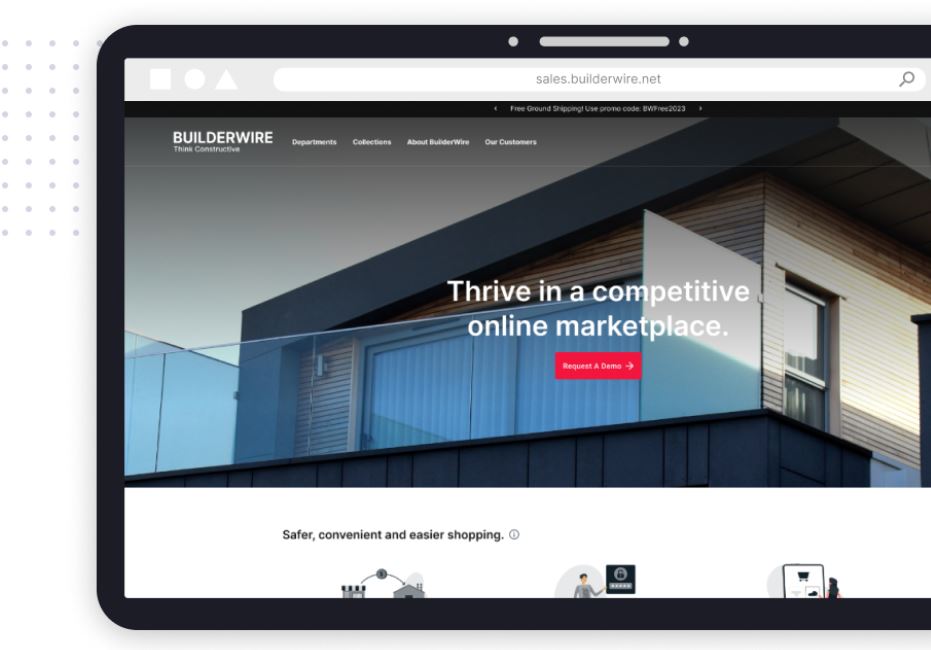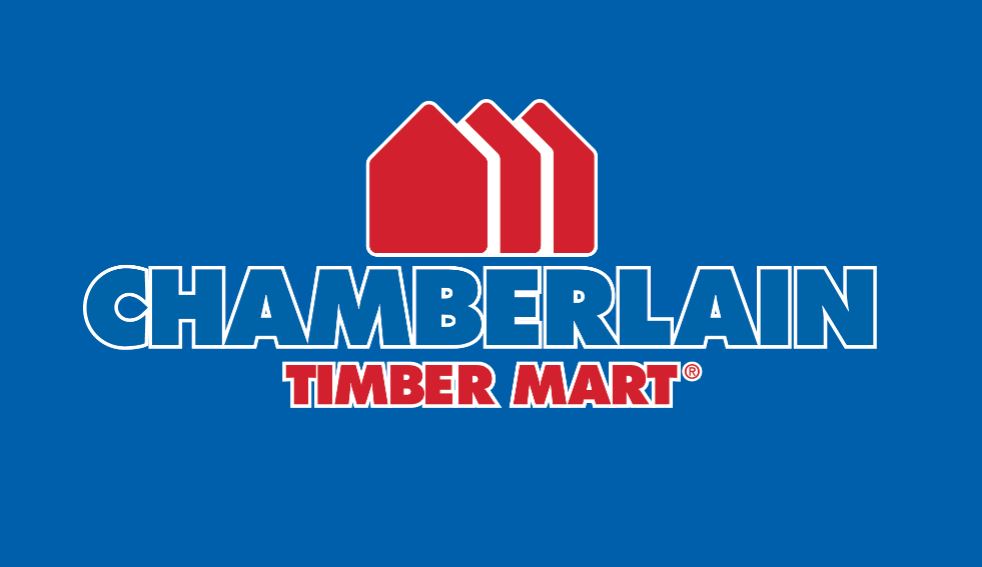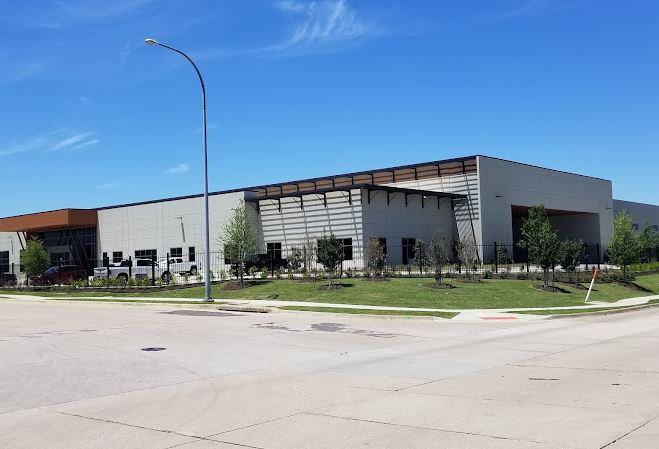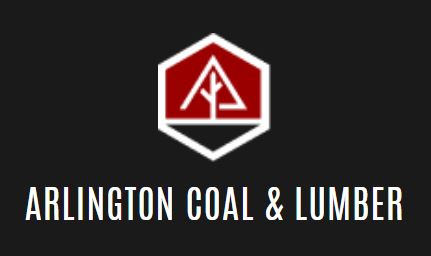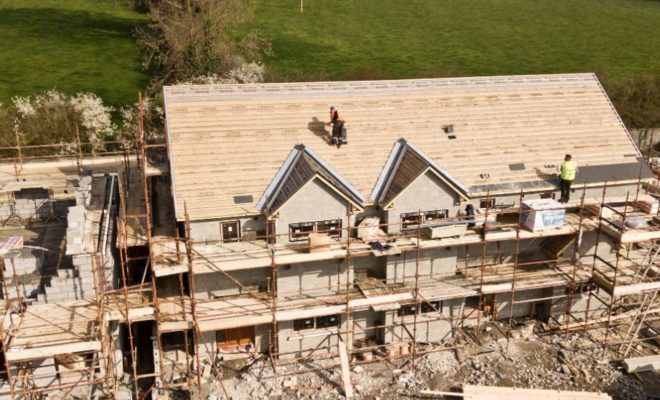
NAHB: Home Builder Confidence at Peak on Year’s End
According to the National Association of Home Builders (NAHB)/Wells Fargo Housing Market Index (HMI), builder confidence in the market for newly built single-family homes increased one point in December to 84.
Builder confidence increased for the fourth month in a row, despite concerns about inflation and persistent production bottlenecks, thanks to strong consumer demand and low current inventories.
This is the same as the highest reading of the year, which was recorded in February.
“While demand remains strong, finding workers, predicting pricing and dealing with material delays remains a challenge,” said National Association of Home Builders (NAHB)’s chairman Chuck Fowke, a Tampa, Florida-based custom home builder.
“Policymakers need to work on supply chain improvements and controlling costly inflation. Addressing lumber tariffs would be a good place to start.”
“The most pressing issue for the housing sector remains lack of inventory,” Robert Dietz, NAHB’s Chief Economist stated.
“Building has increased but the industry faces constraints, namely cost/availability of materials, labor and lots. And while 2021 single-family starts are expected to end the year 24% higher than the pre-Covid 2019 level, we expect higher interest rates in 2022 will put a damper on housing affordability.”
The NAHB/Wells Fargo HMI is based on a monthly poll that NAHB has been running for 35 years and assesses builder perceptions of current single-family home sales and sales projections for the next six months as “good,” “fair,” or “poor.”
The survey also asks builders to rank prospective buyer traffic as “high to very high,” “average,” or “low to very low.”
Scores for each component are then used to produce a seasonally adjusted index, with any figure more than 50 indicating that more builders see circumstances as excellent than terrible.
The HMI index measuring current sales conditions increased by one point to 90, while the gauge measuring traffic from prospective buyers increased by one point to 70.
For the third month in a row, the component measuring sales estimates over the next six months remained unchanged at 84.
The Northeast jumped four points to 74, the Midwest gained two points to 74, and the South and West both rose three points to 87, according to the three-month moving averages for regional HMI scores.


